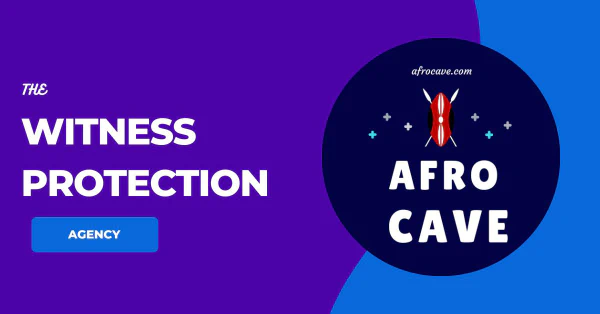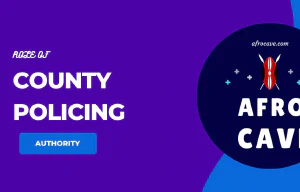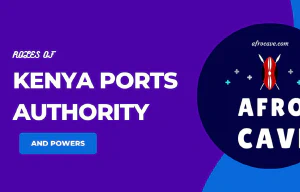Functions of the Witness Protection Agency in Kenya
- Author Gĩthĩnji
- Updated on:

The functions of the Witness Protection Agency in Kenya are vital for witness protection purposes. The Witness Protection Agency in Kenya is a body corporate established under the Witness Protection Act.
As a body corporate, the Witness Protection Agency in Kenya has perpetual succession. It also has a common seal and, in its corporate name, can be capable of:
- suing and being sued;
- holding and alienating movable and immovable property;
- borrowing and lending money; and
- doing or performing all such other acts or things as a body corporate can do lawfully.
Table of ContentsShow/Hide
Object and purpose of the Witness Protection Agency
The objects and purpose of the Agency are to provide the framework and procedures for giving special protection, on behalf of the State, to persons in possession of important information and who are facing potential risk or intimidation due to their cooperation with the prosecution and other law enforcement agencies.
The purpose of the Witness Protection Programme is to accord witnesses and related protected people an opportunity to participate in bringing to justice against perpetrators of crimes by delivering their evidence to law enforcement agencies or testifying in judicial proceedings.
The nature of the special protection shall entail the power of the Witness Protection Agency in Kenya to acquire, store, maintain and control firearms and ammunition and electronic or other necessary equipment, despite the provisions of any other law.
Functions of the Witness Protection Agency in Kenya
The functions of the Witness Protection Agency according to Section 3C of the Witness Protection Act are to:-
- establish and maintain a witness protection programme;
- determine the criteria for admission to and removal from the witness protection programme;
- determine the type of protection measures to be applied;
- advise any Government Ministry, department, agency or any other person on the adoption of strategies and measures on witness protection; and
- perform such other functions as may be necessary for the better carrying out of the purpose of the Witness Protection Act.
Powers of the Witness Protection Agency
The Witness Protection Agency has the power to–
- control and supervise its staff in a manner and for such purposes as may be necessary for the promotion of the purpose and the object for which the Agency is established;
- administer the funds and assets of the Agency;
- receive any grants, gifts, donations or endowments and make legitimate disbursement therefrom;
- enter into association with such other persons, bodies, or organizations within or outside Kenya as it may consider desirable or appropriate in furtherance of its object and purpose;
- enter into confidential agreements with relevant foreign authorities, international criminal courts or tribunals and other regional or international entities relating to the relocation of protected persons and other witness protection measures;
- open bank accounts for the funds of the Agency;
- collect, analyze, store and disseminate information related to witness protection;
- give such instructions to a protected person as the Agency may consider necessary;
- search the protected person and their property and seize items regarded by the Agency to be a threat to the protected person or another person or the integrity of the programme;
- summon a public officer or other people to appear before it or to produce a document or thing or information which may be considered relevant to the functions of the Witness Protection Agency within a specified period and in such manner as it may specify;
- invest the funds of the Agency not currently required for its purpose.
Clients of the Witness Protection Agency in Kenya
A vital witness who needs protection from threat or risk because of his/her testimony in Court proceedings, Tribunal and/or Commission. The Agency may extend this protection to the direct family members of the protected witness.
Client Referrals
The Witness Protection Agency in Kenya accepts referrals from the following:
- A vital and threatened witness;
- Office of the Director of Public Prosecutions;
- Inspector – General, National Police Service or a member of the Police Force;
- Kenya Prison Service;
- Law Enforcement Agencies;
- A legal representative or any other intermediary;
- Courts, Tribunals or Commissions;
- Human rights defenders;
- International Courts, Tribunals or Commissions;
For more about the Witness Protection Agency in Kenya, see the Witness Protection Act or visit their website.
- «Previous The Techniques and Types of Propaganda in Kenya
- Next» Role of National Cohesion and Integration Commission in Kenya


